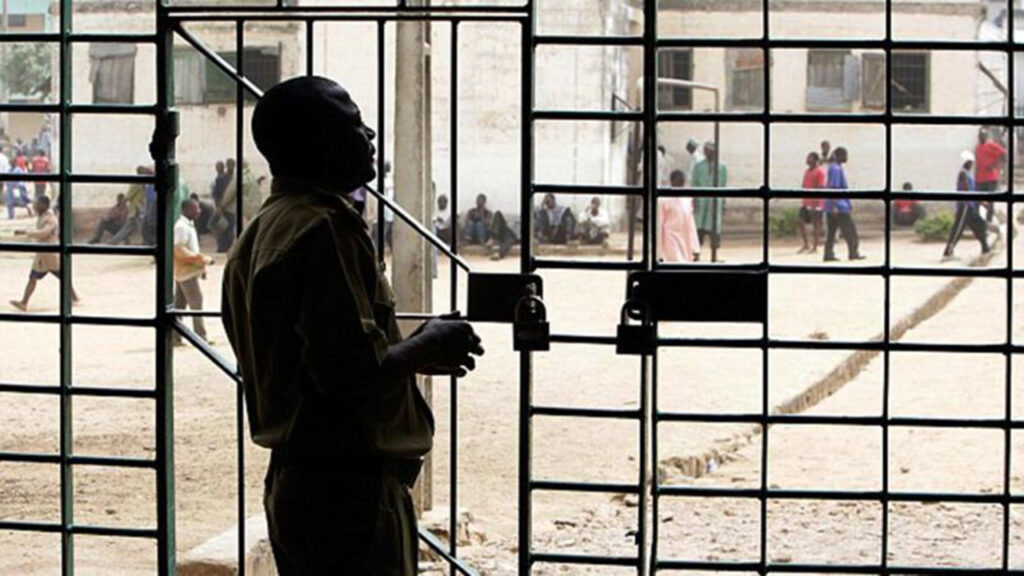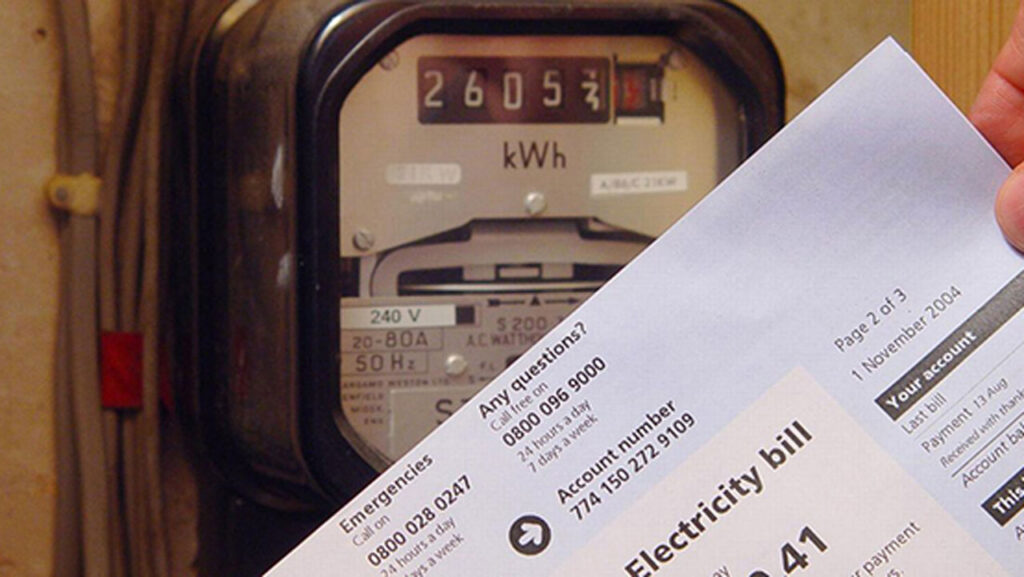Nigerians are lamenting the impact of the heatwave with many expressing fears of health concerns of excessive sweating and heat rashes.
Health specialists said the heat could heighten the risk of hyperhidrosis, a medical condition that causes excessive sweating triggered by a rise in temperature or physical activity.
The Nigerian Meteorological Agency (NiMet) recently warned that the heatwave might persist for several days.
In a weather outlook released this year, NiMet reported air temperatures reaching 41°C in the north and 39°C in the south.
NiMet cautioned that the extreme heat can lead to dehydration, which can lead to fainting, skin conditions, and weakness; heat-related illnesses; respiratory problems; and increased vulnerability to chronic health issues.”
NiMet’s forecast indicates a high risk of heatstroke, muscle cramps, and heat exhaustion for residents in Ikeja, Lagos, Warri and Asaba in Delta State, and other parts of the country.
Some Lagosians who spoke with The Guardian expressed frustration about the heatwave with one Adenike suggesting it be a form of punishment.
“This heat is unbearable! It makes me wonder if God is trying to punish us with fire,” Adenike told Guardian TV.
However, some others said they have adopted some ‘desperate’ measures to cope with the situation. One said he bathes five times daily especially at a time electricity power supply is not guaranteed.
The Guardian’s environment editor, Chinedum Uwaegbulam, explained that “the abnormal hot air” people are experiencing now is due to changing weather patterns.
He added that the effects of these heatwaves impacts children, the elderly and pregnant women.
To cope with the heat, NiMet advises Nigerians to stay hydrated by consuming plenty of fluids, wearing loose-fitting clothing to minimise exposure to high temperatures and avoiding strenuous activity during the hottest parts of the day.
“Air temperatures have reached 41°C in the north and 39°C in the south, with models predicting these temperatures to remain high for the foreseeable future,” NiMet said.
“Advisories- adequate fluid intake, seek shade, use fans, and wear light, breathable clothing to reduce exposure to high temperatures. Avoid strenuous physical activity during peak heat hours (stay indoors as much as possible between 12:00 noon and 4:00 pm evening time).”
A public health physician, Dr Emmanuel Bola, adviced Nigerians to consider alternative sources of power supply.
He advised people to “take regular cold water baths throughout the day when your body needs it, For those who are able, take walks in the evenings, visit gardens, or go for a swim. Even lying down in cool water can help regulate your body temperature.”
Bola warned people with underlying medical conditions to avoid excessive heat exposure, and urged those in extremely hot areas have to be cautious about their body temperature.













